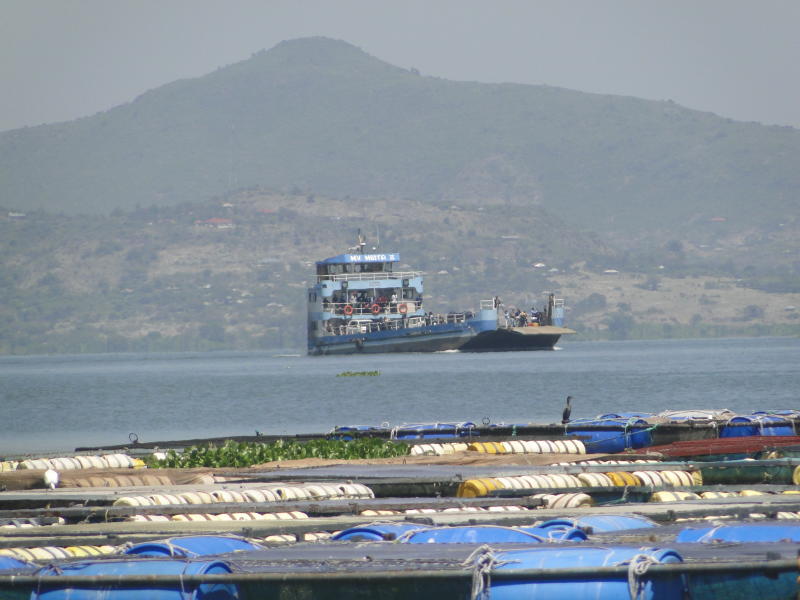
As Kenya strives to realise the enormous potential of fish farming in strengthening food security, improving livelihoods and growing our economy, the need for a data-driven and sustainable industry has never been more compelling.
Developing the sub-sector is a feasible pathway of meeting Kenya’s rising demand for fish and related products, as supply from traditional capture fisheries stagnate or decline. Continued reliance on fish imports from distant regions of the globe to meet the fish deficit comes at the expense of local jobs, the economy and environmental health.